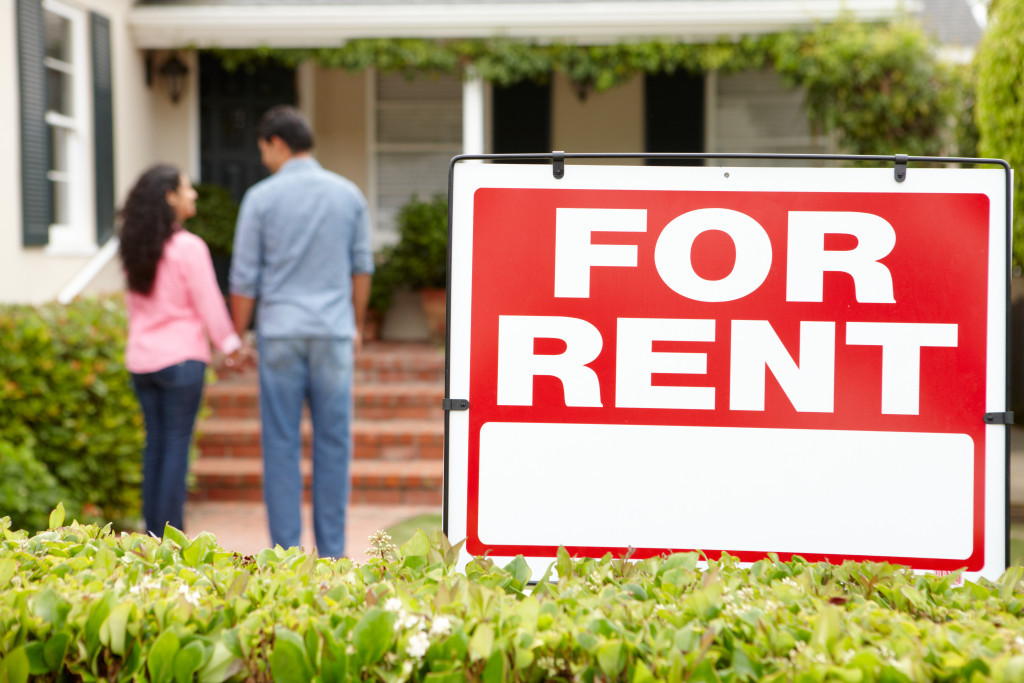- Evaluating financing options and interest rates is essential to making an informed decision when investing in a rental house.
- It’s important to factor in the initial investment cost, cash flow potential and rental income, operating expenses, and maintenance costs.
- Doing your homework and evaluating these financial factors will help you ensure you’re getting the most out of your investment.
- A comprehensive investment approach in rental property will help maximize the ROI and minimize the overall financial burden.
Investing in a rental house can be a great way to build long-term wealth and generate passive income. But before taking the plunge, it’s essential to consider all the financial implications of owning and managing rental property. By thoroughly evaluating these economic factors ahead of time, investors can ensure they’re getting the most out of their investments while minimizing losses.
Financing Options and Interest Rates

Considering the financing options and interest rates associated with a rental house is a significant financial consideration when investing in this property type. It is crucial to understand the different types of mortgage loans available and the advantages and disadvantages associated with each one.
This will help you make an informed decision about which loan will best suit your investment goals. Additionally, it’s essential to select a reputable mortgage company for this purpose. A reliable lender will provide you with information about various payment plans, typically tailored to your circumstances, and be transparent about closing costs and other terms of the loan agreement.
Expenses and Returns
Here are some factors to consider when thinking about the expenses and returns of investing in a rental house:
Initial Investment Cost
When investing in a rental house, it is essential to consider the initial investment cost. This is a critical factor when deciding whether to invest, as it includes one-time expenses such as estimates for renovations, closing costs, legal fees, taxes, security deposits, and insurance.
Furthermore, factoring these costs helps investors accurately evaluate the true profitability of their investments and make decisions regarding refinancing or other risk-management strategies. It is also essential to consider any future expenses or liabilities associated with occupancy rate changes and inevitable maintenance duties that may arise after purchase.
Cash Flow Potential and Rental Income

Cash flow and rental income are two of the most important financial considerations when investing in a rental house. The primary objective for any investor is to ensure the cash flow generated from the property will be enough to pay the expenses associated with owning it, such as mortgage payments, taxes, maintenance fees, insurance, and so on.
If a property does not generate enough cash flow to cover these costs, it may not be a wise investment decision. Additionally, investors must be aware of how much rent they can expect to receive from their tenants and if that rent is sufficient to cover all expenses related to the property. Rental income is vital since it provides investors with additional resources to help them grow their portfolios faster by allowing them access to other investments.
Operating Expenses
When investing in a rental house, one of the most important financial considerations is properly evaluating operating expenses. These include utilities, maintenance and repairs, insurance, property taxes, and other peripheral costs. As an investor, understanding operating expenses can mean the difference between a successful real estate venture and one that leaves you in negative equity for years to come.
You must evaluate the various operating costs of your investment to ensure that they are at least expected or are higher than the cost of tenant occupancy and leasing fees. That is why properly considering operating expenses is essential when buying a rental property – it allows investors to accurately weigh risks versus rewards and get the most from their investments.
Tax Implications
When considering an investment in a rental house, it is essential to consider potential tax implications. These can include local property taxes, depreciation on the rental value, and capital gains taxes when selling the property.
Depending on one’s situation, the route with the least financial burden from taxes may be to earn lower income from rentals and offset any losses or profits with allowable deductions depending on their particular circumstances. This comprehensive approach to investing in a rental house gives investors the best opportunity to maximize their return on investment while minimizing their overall tax impact.
Maintenance Costs
When investing in a rental house, it is essential to factor in the cost of maintenance so that you can accurately assess its potential as a real estate investment. The costs of roof repairs, plumbing and HVAC upkeep, electrical work, and general landscaping not only eat away at profit margins but can render the property unusable if not kept up with regularity.
Furthermore, ongoing maintenance costs can quickly add up to an exorbitant amount if they are amortized over a long period. A smart investor will carefully consider these costs because without them their rental house could become more of a financial burden than a generating revenue asset.
These are just some financial considerations for investing in a rental house. It is essential to thoroughly weigh all of these factors before taking the plunge into real estate investment to ensure your investment will be financially successful and bring you long-term wealth.

